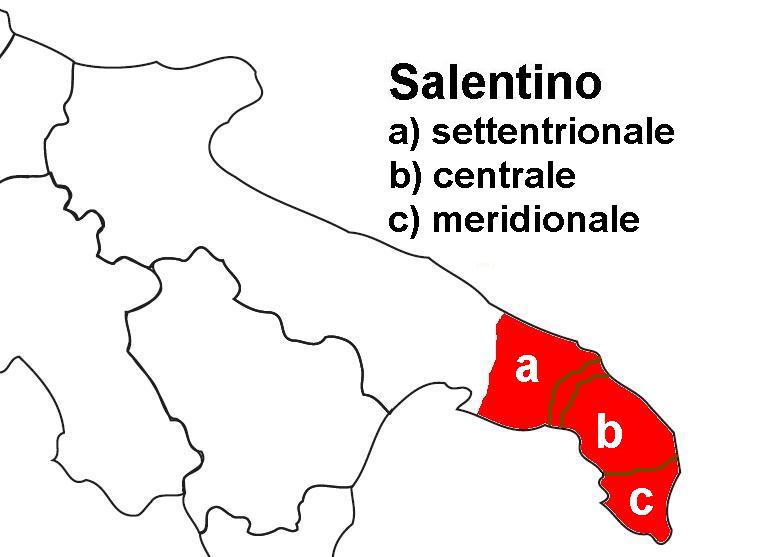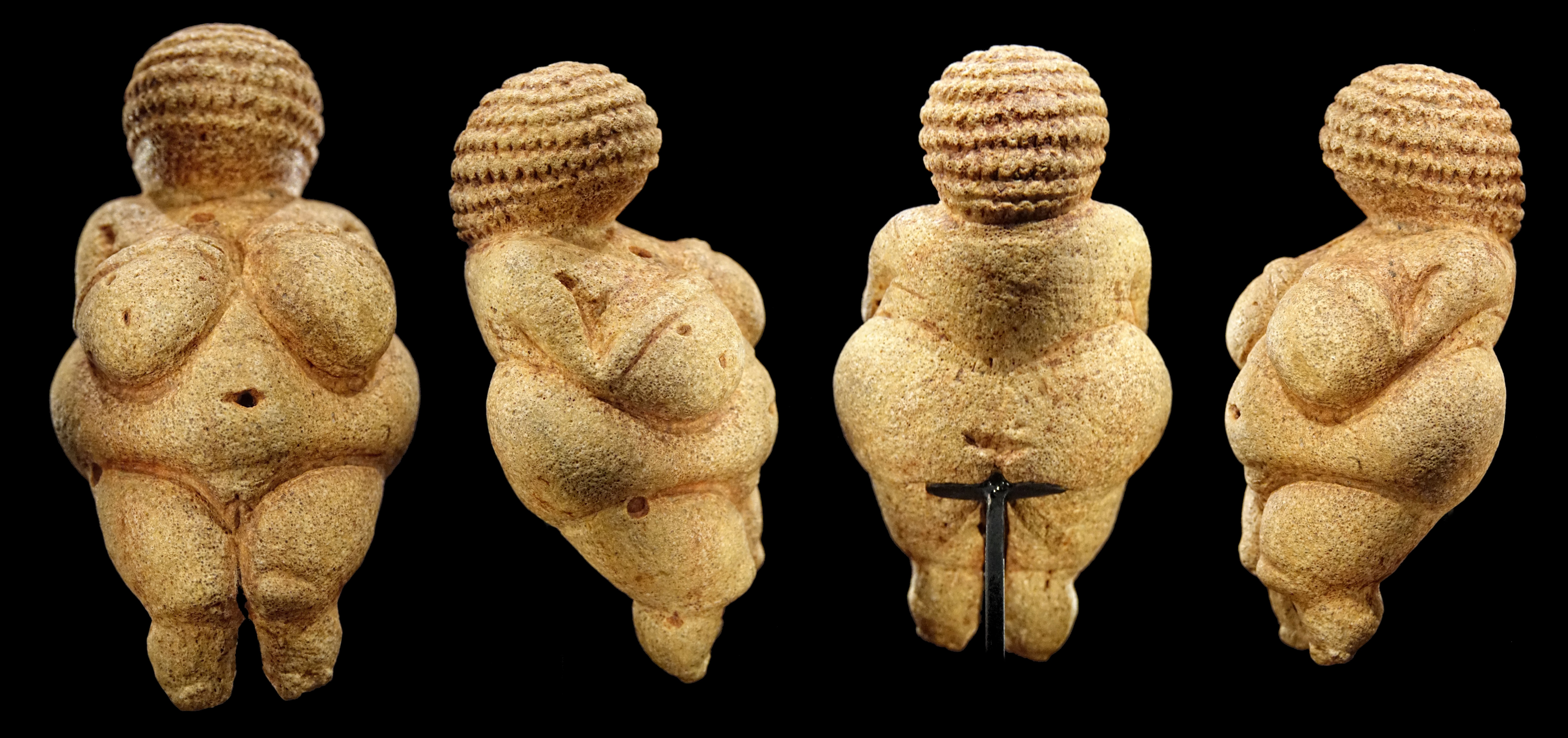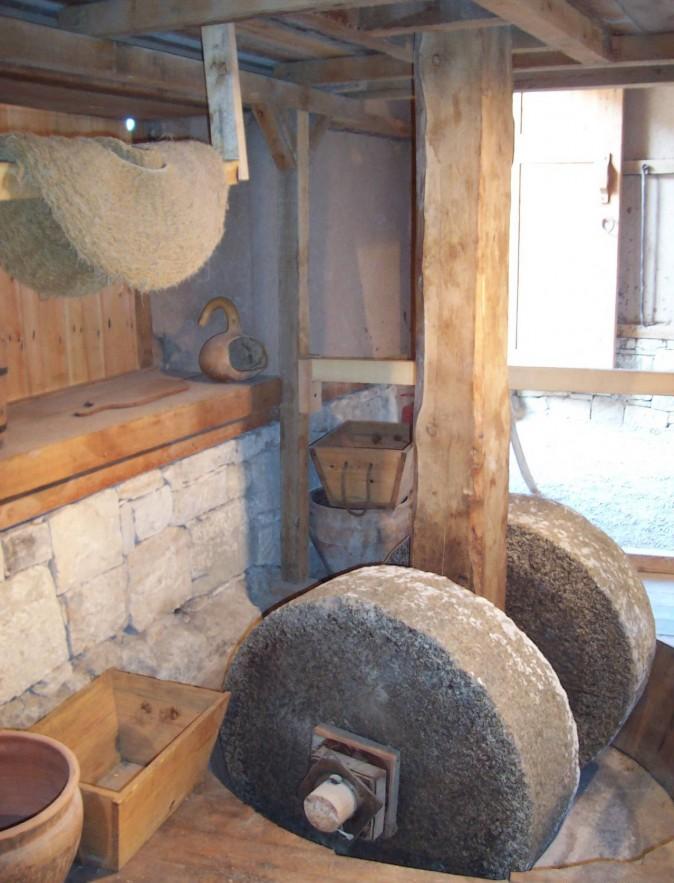|
Lecce, Italy
Lecce ( ); el, label=Griko, Luppìu, script=Latn; la, Lupiae; grc, Λουπίαι, translit=Loupíai), group=pron is a historic city of 95,766 inhabitants (2015) in southern Italy. It is the capital of the province of Lecce, the province of second-highest population in the region of Apulia, as well as one of that region's most important cities. It is the main city of the Salentine Peninsula, a sub-peninsula at the heel of the Italian Peninsula, and is over 2,000 years old. Because of the rich Baroque architectural monuments found in the city, Lecce is commonly nicknamed "The Florence of the South". In terms of industry, the "Lecce stone"—a particular kind of limestone—is one of the city's main exports, because it is very soft and workable, thus suitable for sculptures. Lecce is also an important agricultural centre, chiefly for its olive oil and wine production, as well as an industrial centre specializing in ceramic production. Lecce is home to the University ... [...More Info...] [...Related Items...] OR: [Wikipedia] [Google] [Baidu] |
Salentino Dialect
Salentino () is a dialect of the Extreme Southern Italian ( in Italian) spoken in the Salento peninsula, which is the southern part of the region of Apulia at the southern "heel" of the Italian peninsula. Overview Salentino is a dialect of the Extreme Southern Italian language group (in Italian ''Italiano meridionale estremo''). It is thus closer to the Southern Calabrian dialect and the dialects of Sicily than to the geographically less distant dialects of central and northern Apulia. The traditional areas where Salentino is spoken are the aforementioned Province of Lecce, much of the southern part of the province of Brindisi, and the southern part of Taranto province. History The Salentino dialect is a product of the different powers and/or populations that have had a presence in the peninsula over the centuries: indigenous Messapian, Ancient Greek, Roman, Byzantine Greek, Lombard, French and Spanish influences are all, to differing levels, present in the modern dialec ... [...More Info...] [...Related Items...] OR: [Wikipedia] [Google] [Baidu] |
Capital (political)
A capital city or capital is the municipality holding primary status in a country, state, province, department, or other subnational entity, usually as its seat of the government. A capital is typically a city that physically encompasses the government's offices and meeting places; the status as capital is often designated by its law or constitution. In some jurisdictions, including several countries, different branches of government are in different settlements. In some cases, a distinction is made between the official (constitutional) capital and the seat of government, which is in another place. English-language news media often use the name of the capital city as an alternative name for the government of the country of which it is the capital, as a form of metonymy. For example, "relations between Washington and London" refer to " relations between the United States and the United Kingdom". Terminology and etymology The word ''capital'' derives from the Latin word ... [...More Info...] [...Related Items...] OR: [Wikipedia] [Google] [Baidu] |
Messapii
The Messapians ( grc, Μεσσάπιοι, Messápioi; la, Messapii) were a Iapygian tribe who inhabited Salento in classical antiquity. Two other Iapygian tribes, the Peucetians and the Daunians, inhabited central and northern Apulia respectively. All three tribes spoke the Messapian language, but had developed separate archaeological cultures by the seventh century BC. The Messapians lived in the eponymous region Messapia, which extended from Leuca in the southeast to Kailia and Egnatia in the northwest, covering most of the Salento peninsula. This region includes the Province of Lecce and parts of the provinces of Brindisi and Taranto today. Starting in the third century BC, Greek and Roman writers distinguished the indigenous population of the Salento peninsula differently. According to Strabo, the names ''Iapygians'', ''Daunians'', ''Peucetians'' and ''Messapians'' were exclusively Greek and not used by the natives, who divided the Salento in two parts. The southern and I ... [...More Info...] [...Related Items...] OR: [Wikipedia] [Google] [Baidu] |
Trojan War
In Greek mythology, the Trojan War was waged against the city of Troy by the Achaeans (Greeks) after Paris of Troy took Helen from her husband Menelaus, king of Sparta. The war is one of the most important events in Greek mythology and has been narrated through many works of Greek literature, most notably Homer's ''Iliad''. The core of the ''Iliad'' (Books II – XXIII) describes a period of four days and two nights in the tenth year of the decade-long siege of Troy; the ''Odyssey'' describes the journey home of Odysseus, one of the war's heroes. Other parts of the war are described in a cycle of epic poems, which have survived through fragments. Episodes from the war provided material for Greek tragedy and other works of Greek literature, and for Roman poets including Virgil and Ovid. The ancient Greeks believed that Troy was located near the Dardanelles and that the Trojan War was a historical event of the 13th or 12th century BC, but by the mid-19th century AD, both the ... [...More Info...] [...Related Items...] OR: [Wikipedia] [Google] [Baidu] |
University Of Salento
The University of Salento ( it, Università del Salento, called until 2007 ''Università degli Studi di Lecce'') is a university located in Lecce, Italy. It was founded in 1955 by Giuseppe Codacci Pisanelli. The university of Salento commenced activities in the academic year 1955-1956 under the "Salentine University Council". In 1960, it became the "Free University of Lecce" and passed to Government authority in the 1967–1968 academic year. Since 2005, the University of Salento is a partner of the Euro-Mediterranean Center for Climate Change (CMCC). University of Salento is ranked 251-275 among the top world's university and fifth in Italy, according to the Times Higher Education World University Rankings released on 2015. In 2018, it was ranked 501–600, according to the Times Higher Education World University Rankings. Organization and Programmes The university is divided into 8 departments, which offer the following programmes: Department of Biological and Environmental ... [...More Info...] [...Related Items...] OR: [Wikipedia] [Google] [Baidu] |
Ceramic
A ceramic is any of the various hard, brittle, heat-resistant and corrosion-resistant materials made by shaping and then firing an inorganic, nonmetallic material, such as clay, at a high temperature. Common examples are earthenware, porcelain, and brick. The earliest ceramics made by humans were pottery objects (''pots,'' ''vessels or vases'') or figurines made from clay, either by itself or mixed with other materials like silica, hardened and sintered in fire. Later, ceramics were glazed and fired to create smooth, colored surfaces, decreasing porosity through the use of glassy, amorphous ceramic coatings on top of the crystalline ceramic substrates. Ceramics now include domestic, industrial and building products, as well as a wide range of materials developed for use in advanced ceramic engineering, such as in semiconductors. The word "'' ceramic''" comes from the Greek word (), "of pottery" or "for pottery", from (), "potter's clay, tile, pottery". The earliest kno ... [...More Info...] [...Related Items...] OR: [Wikipedia] [Google] [Baidu] |
Wine
Wine is an alcoholic drink typically made from fermented grapes. Yeast consumes the sugar in the grapes and converts it to ethanol and carbon dioxide, releasing heat in the process. Different varieties of grapes and strains of yeasts are major factors in different styles of wine. These differences result from the complex interactions between the biochemical development of the grape, the reactions involved in fermentation, the grape's growing environment (terroir), and the wine production process. Many countries enact legal appellations intended to define styles and qualities of wine. These typically restrict the geographical origin and permitted varieties of grapes, as well as other aspects of wine production. Wines not made from grapes involve fermentation of other crops including rice wine and other fruit wines such as plum, cherry, pomegranate, currant and elderberry. Wine has been produced for thousands of years. The earliest evidence of wine is from the Caucasus ... [...More Info...] [...Related Items...] OR: [Wikipedia] [Google] [Baidu] |
Olive Oil
Olive oil is a liquid fat obtained from olives (the fruit of ''Olea europaea''; family Oleaceae), a traditional tree crop of the Mediterranean Basin, produced by pressing whole olives and extracting the oil. It is commonly used in cooking: for frying foods or as a salad dressing. It can be found in some cosmetics, pharmaceuticals, soaps, and fuels for traditional oil lamps. It also has additional uses in some religions. The olive is one of three core food plants in Mediterranean cuisine; the other two are wheat and grapes. Olive trees have been grown around the Mediterranean since the 8th millennium BC. In 2019–2020, world production of olive oil was . Spain was the largest producer followed by Italy, Tunisia, Greece, Turkey and Morocco. San Marino has by far the largest per capita consumption of olive oil worldwide. The composition of olive oil varies with the cultivar, altitude, time of harvest, and extraction process. It consists mainly of oleic acid (up to 83%), with ... [...More Info...] [...Related Items...] OR: [Wikipedia] [Google] [Baidu] |
Agricultural
Agriculture or farming is the practice of cultivating Plant, plants and livestock. Agriculture was the key development in the rise of Sedentism, sedentary human civilization, whereby farming of Domestication, domesticated species created food Economic surplus, surpluses that enabled people to live in cities. The history of agriculture began thousands of years ago. After gathering wild grains beginning at least 105,000 years ago, nascent farmers began to plant them around 11,500 years ago. Sheep, goats, pigs and cattle were domesticated over 10,000 years ago. Plants were independently cultivated in at least 11 regions of the world. Industrial agriculture based on large-scale monoculture in the twentieth century came to dominate agricultural output, though about 2 billion people still depended on subsistence agriculture. The major agricultural products can be broadly grouped into Food, foods, Fiber, fibers, fuels, and raw materials (such as Natural rubber, rubber). Food clas ... [...More Info...] [...Related Items...] OR: [Wikipedia] [Google] [Baidu] |
Limestone
Limestone ( calcium carbonate ) is a type of carbonate sedimentary rock which is the main source of the material lime. It is composed mostly of the minerals calcite and aragonite, which are different crystal forms of . Limestone forms when these minerals precipitate out of water containing dissolved calcium. This can take place through both biological and nonbiological processes, though biological processes, such as the accumulation of corals and shells in the sea, have likely been more important for the last 540 million years. Limestone often contains fossils which provide scientists with information on ancient environments and on the evolution of life. About 20% to 25% of sedimentary rock is carbonate rock, and most of this is limestone. The remaining carbonate rock is mostly dolomite, a closely related rock, which contains a high percentage of the mineral dolomite, . ''Magnesian limestone'' is an obsolete and poorly-defined term used variously for dolomite, for limes ... [...More Info...] [...Related Items...] OR: [Wikipedia] [Google] [Baidu] |
Florence
Florence ( ; it, Firenze ) is a city in Central Italy and the capital city of the Tuscany region. It is the most populated city in Tuscany, with 383,083 inhabitants in 2016, and over 1,520,000 in its metropolitan area.Bilancio demografico anno 2013, datISTAT/ref> Florence was a centre of medieval European trade and finance and one of the wealthiest cities of that era. It is considered by many academics to have been the birthplace of the Renaissance, becoming a major artistic, cultural, commercial, political, economic and financial center. During this time, Florence rose to a position of enormous influence in Italy, Europe, and beyond. Its turbulent political history includes periods of rule by the powerful Medici family and numerous religious and republican revolutions. From 1865 to 1871 the city served as the capital of the Kingdom of Italy (established in 1861). The Florentine dialect forms the base of Standard Italian and it became the language of culture throughout Ital ... [...More Info...] [...Related Items...] OR: [Wikipedia] [Google] [Baidu] |
Baroque Architectural
Baroque architecture is a highly decorative and theatrical style which appeared in Italy in the early 17th century and gradually spread across Europe. It was originally introduced by the Catholic Church, particularly by the Jesuits, as a means to combat the Reformation and the Protestant church with a new architecture that inspired surprise and awe. It reached its peak in the High Baroque (1625–1675), when it was used in churches and palaces in Italy, Spain, Portugal, France, Bavaria and Austria. In the Late Baroque period (1675–1750), it reached as far as Russia and the Spanish and Portuguese colonies in Latin America. About 1730, an even more elaborately decorative variant called Rococo appeared and flourished in Central Europe. Baroque architects took the basic elements of Renaissance architecture, including domes and colonnades, and made them higher, grander, more decorated, and more dramatic. The interior effects were often achieved with the use of ''quadratura'', or ... [...More Info...] [...Related Items...] OR: [Wikipedia] [Google] [Baidu] |










